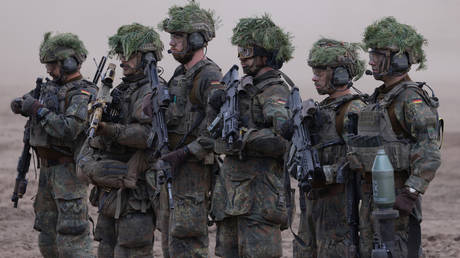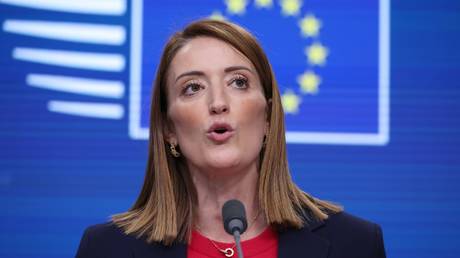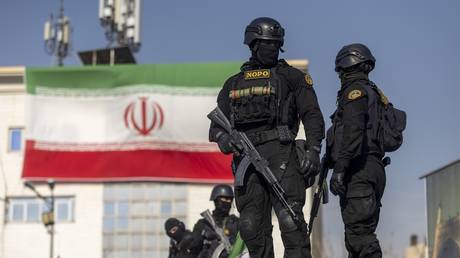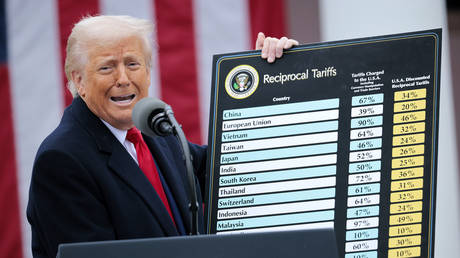
The sentiment stems from concerns that any deployment could put the military in harm’s way, the report says
A significant proportion of the EU population is unhappy about the prospect of sending troops to Ukraine after any ceasefire or peace deal due to the absence of firm US “security guarantees” and fears of being drawn into a conflict with Russia, the Wall Street Journal reported on Tuesday.
While some Western European leaders are contemplating the idea of dispatching thousands of soldiers to the country if the hostilities were to end, they have to “contend… with the inconvenient fact that many voters are opposed to any deployment that places troops in harm’s way,” the report says.
Unnamed European officials also told the WSJ that “it is difficult to secure public support without a clear US commitment to backstop any deployment.” US President Donald Trump has ruled out sending ground troops to Ukraine, but said Washington could provide other kinds of support.
Eastern European countries are generally cautious about shifting forces from their own borders, the WSJ noted, adding that opposition to troop deployment is particularly strong in Germany and Italy, where the historical memory of World War II still shapes public opinion.
In Germany, domestic opposition runs deep, spanning both right and left-wing parties; a recent Insa poll suggested that 56% there are opposed to sending troops to Ukraine.
France, one of the more vocal supporters of a potential European military force, has seen public opinion hinge on conditions. A March survey by Elabe found 67% supported sending troops if a peace accord is reached, but 68% opposed a deployment without one.
Meanwhile, the British public generally supports the possible deployment, but several polls have indicated that it “wouldn’t want to provoke a direct confrontation with Russia,” the report says. Prime Minister Keir Starmer has also stressed the need for a US security backstop if UK forces were deployed – something Washington has not committed to.
Russia has consistently opposed the idea of NATO countries sending in troops. Kremlin spokesman Dmitry Peskov has said the prospect of the bloc shifting its military infrastructure into Ukraine was “one of the root causes” of the conflict and has reiterated that Moscow views current discussions about deployments negatively.




